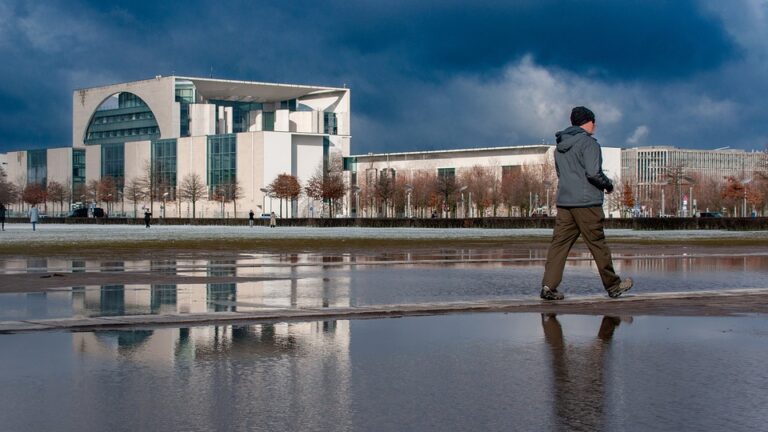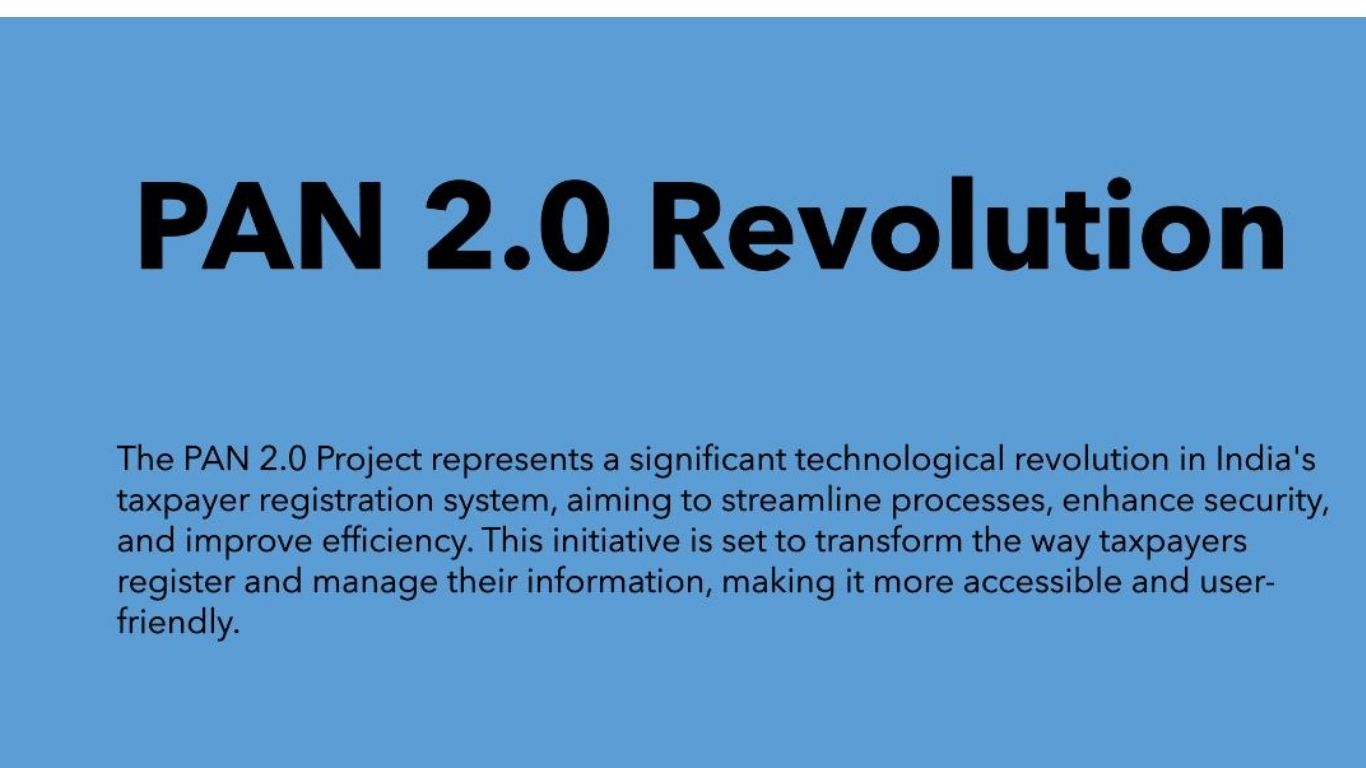The Evolving Landscape of Democracy: Challenges and Triumphs in the 21st Century
In the 21st century, democracy faces unprecedented challenges and remarkable triumphs, reflecting the complexities of a rapidly changing world. From the rise of authoritarian regimes to the proliferation of democratic movements, the landscape of democracy is reshaped by globalization, technological advancement, and sociopolitical dynamics. This article examines key factors influencing democracy today, highlighting both the challenges it faces and the triumphant instances of citizen engagement and reform.
Challenges to Democracy
1. Authoritarian Resurgence
One of the most notable challenges to democracy in the 21st century has been the resurgence of authoritarianism. Nations previously celebrated for their democratic governance, such as Hungary and Poland, have witnessed a gradual erosion of democratic institutions. Leaders manipulate the legal framework, curtail free press, and suppress dissent, often under the guise of nationalism or order. This phenomenon challenges the belief that democratization is a linear process and raises questions about the fragility of democratic gains.
2. Polarization and Populism
Political polarization has intensified globally, often feeding into the rise of populist leaders who exploit divisions and discontent among the populace. In countries like the United States and Brazil, populism has fueled political strife, leading to distrust in democratic institutions. The polarized environment hampers constructive debate and dialogue, paving the way for extremist viewpoints to flourish and undermining the core tenets of democracy.
3. Disinformation and Media Manipulation
The digital age has transformed the way information is disseminated, with social media platforms becoming double-edged swords. While they empower citizens to engage and mobilize, they also enable the rapid spread of disinformation and fake news. The manipulation of public opinion through targeted disinformation campaigns has significantly impacted democratic processes, including elections, and has raised concerns about the integrity of public discourse.
4. Global Issues and Accountability
The 21st century has seen challenges that transcend national borders, such as climate change, economic inequality, and global health crises. Democracies may struggle to address these interconnected issues effectively. The public often demands immediate action, but the often slower, deliberative processes of democratic governance can lead to frustration. This gap can erode trust in democratic institutions, especially when citizens perceive that their leaders are not adequately accountable for addressing existential threats.
Triumphs of Democracy
1. Grassroots Movements and Civic Engagement
Despite the challenges, the 21st century has also witnessed a resurgence of grassroots movements advocating for democratic rights and social justice. The Arab Spring, Black Lives Matter, and the climate strikes led by youth activists like Greta Thunberg are testament to the power of civic engagement. These movements highlight citizens’ resilience and their ability to mobilize for change, often utilizing social media to amplify their voices. This activism reaffirms the core democratic principle that governance should reflect the will of the people.
2. Technological Avenues for Participation
While technology presents challenges, it also offers new avenues for democratic participation. E-governance initiatives enable citizens to engage with their governments like never before, from online petitions to participatory budgeting. Innovative platforms allow for greater transparency, accountability, and citizen feedback. These tools foster a sense of agency among voters, potentially revitalizing interest in democratic processes and institutions.
3. Youth Involvement and Empowerment
The 21st century has seen an increase in youth involvement in political processes, driven by their proactive stance on issues like climate change, education reform, and social justice. Young people are leveraging technology to organize, campaign, and influence policy, demonstrating that democracy is not merely a realm for older generations. This generational shift could invigorate democratic practices, introducing new ideas and perspectives into political discourse.
4. International Cooperation and Solidarity
Amidst the challenges, there is a growing recognition of the importance of international cooperation in promoting democracy. Organizations like the United Nations and regional bodies have intensified their efforts to support democratic governance and human rights. Global partnerships, exchanges, and collaborative action against authoritarianism underscore the belief that democracy is a collective endeavor. Movements for democracy in one part of the world can inspire and embolden citizens elsewhere.
Conclusion
The 21st-century landscape of democracy is characterized by both challenges and triumphs. As authoritarianism resurges and polarization deepens, the resilience of civic movements and technological innovations underscores a fundamental truth: democracy is not only a system of governance but a dynamic and living process. The way forward will depend on the commitment of citizens, the integrity of institutions, and an unwavering belief in the ideals of freedom, equality, and justice. As history continues to unfold, the collective efforts of individuals and communities will be critical in shaping the democratic future of our world.















